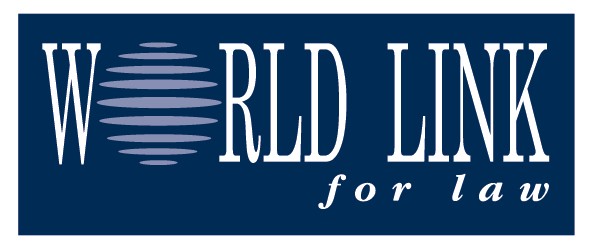Available | Disponible : French
As announced by Canadian Prime Minister Justin Trudeau and European Commission President Jean-Claude Juncker, the Economic and Trade Agreement (“CETA”) came into force on September 21, 2017. This statement should be clarified: its application will be partial, since the chapters on investment will be excluded and provisional pending European ratifications. That being said, the fact remains that the majority of CETA measures are effective.
Canadian and European companies benefit from the elimination of customs duties. Customs tariffs have been abolished up to 98% and will be fully in the next seven years, in particular in the agricultural, industrial and seafood sectors. Trade of goods is the cornerstone of the Agreement and extends well beyond the issue of tariffs. Indeed, all customs procedures are to be simplified to allow greater flexibility in their administration and enforceability in all signatories’ territories. Similarly, the accreditation of certain Canadian organizations by the EU for products certification will be implemented in order to reduce delays and costs. A committee will be set up to deal with technical trade barriers. A myriad of examples exist to illustrate the measures that will guarantee privileged access to Canadian and European markets.
Moreover, the Agreement also promises to facilitate the movement of professionals by mainly focusing on two elements. First, the reduction of regulatory requirements for the admission of specific categories of business people, such as investors, expatriates transferred to foreign subsidiaries, technicians or contractual services providers. Secondly, the introduction of simple procedures for the recognition of professional qualifications in order to increase the acceptance rate. Both the selection process and the admission process will be hastened, however, it is important to note that these measures solely target temporary stays.
Another key element of the Agreement is the opening of Canadian public markets to Europeans. Canada and the European Union are already parties to the WTO Agreement on Government Procurement (GPA). The CETA is greatly inspired from said Agreement, but the parties’ commitments go much further by including more public purchasers. Thus, subject to the thresholds imposed by the CETA, European companies may be able to participate in tenders for the supply of goods and services, at federal, provincial and even municipal levels, including Hydro-Québec and the SAQ. This is a first.
CETA also raises other interesting issues, such as the environment, electronic commerce, pharmaceutical patents and geographical indications.
It is strongly advised to anticipate future impacts and establish a strategy to take advantage of this Agreement. CMKZ’s attorneys, including Bernard Colas, Fériale Loubardi and Hynek Zikovsky, Honorary Consul of the Czech Republic, are ready to take on this challenge and offer their expertise in international trade to welcome and advise Canadian and European individuals and companies.

